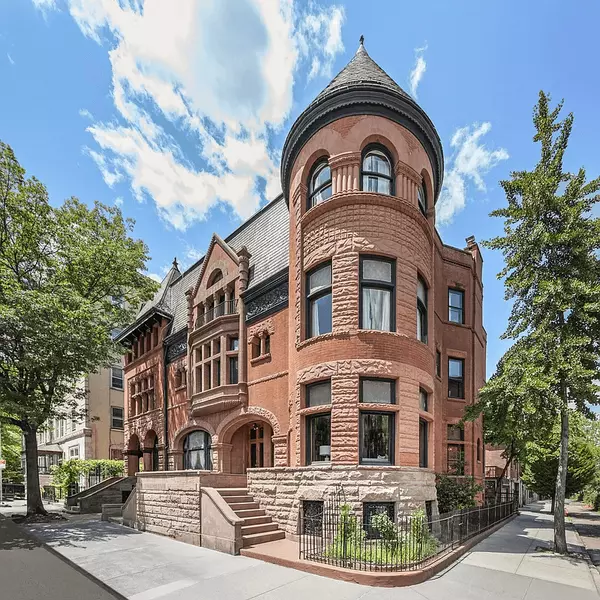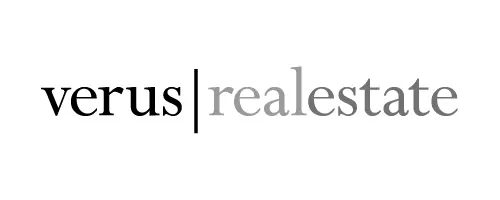Co-op Glossary
Most residential buildings in New York City are co-ops. So, if you are looking to become a homeowner, you will likely consider at least one of them on your journey to buy real estate. Co-ops tend to be more affordable than condos. In addition, they offer a stable community and provide a rare opportunity to live in New York’s legacy buildings. For those new to the market, here are some key terms you will most likely encounter when shopping for a co-op.
Offer — the very form that contains your proposed price for the apartment. It’s usually sent from your agent to the seller’s agent and should come with the pre-approval letter from the bank.
Pre-approval — anyone who is looking to take out a mortgage has to go through a pre-approval process. At this stage, the lender evaluates the borrower and estimates the potential interest rate and the size of the loan. To receive the pre-approval, a borrower needs to have a good credit score and present the following documents: proof of income, proof of assets, and employment verification.
Deal sheet — this document outlines the terms of the real estate transactions and the parties involved. Attorneys sho represent a buyer and a seller work together to create a deal sheet and negotiate the terms. Once the deal sheet is completed, both parties sign the document.
Downpayment — with co-ops, the downpayment percentage is rarely less than 20 percent and can go up as high as 50 percent. Be ready to pay the full amount in cash: on the downpayment, boards won’t be flexible.
Commitment letter — after you complete the pre-approval process, you will receive a commitment letter that indicates that the lender approved you for a loan.
Appraisal — this step is essential for anyone who is getting a mortgage. An unbiased professional assesses your home’s value.
Co-op Board — buying a co-op means purchasing not a property, but a share in a corporation owned by its residents. Like any corporation, co-ops have boards that take care of the property and manage applications from potential buyers.
Board Package — when you apply for a co-op, you will provide the board with information on your personal and financial status. It will include bank statements, two years of income tax returns, pay stubs, and employment confirmations, as well as business and personal referral letters. It can also include other documents, such as brokerage statements, a loan commitment letter, and many more.
Interview — this is one of the final steps in the purchasing process. The majority of rejections happen before the interview, and the reasons can be numerous: the board didn’t like you, your price was too low, or your package was poorly comprised. Thus, if you are invited to an interview, be nice and courteous, keep your answers short, and do not come off as a litigious neighbor.
Debt-to-Income Ratio — a ratio of your future monthly co-op liabilities (maintenance + mortgage + insurance) to your monthly income. On average, co-op boards in New York City are looking for a number around 25-30 percent. Additionally, the board might consider your employment track record and income history over the last three years. If you rely on bonuses, or if you’re self-employed, you’ll have to present additional documents. Alongside post-closing liquidity, the debt-to-income ratio is one of the two most important parameters that the board will look into.
Closing Costs — are usually 3-4 percent of the purchase price. They include broker fees, attorney fees, homeowners insurance, building fees, NYC mansion tax (for homes worth more than $1 million), etc.
Post-Closing Liquidity — A ratio of your liquid cash left after closing to your monthly co-op liabilities. It tells for how long you will be able to pay for the apartment maintenance. The most common post-closing liquidity requirement in New York City is 2 years, but it can be higher. Note that not all funds will suffice: for example, retirement funds (IRA & Pension Plans) and 401K won’t be included in the liquidity. The good thing is, if you are not meeting the liquidity requirements but have a good debt-to-income ratio (or vice versa), the board might be fairly flexible.
Renting Restrictions — co-ops actively restrict, and sometimes even prohibit, renting out the apartments, thus keeping the neighborhood group stable and the spirit consistent. Usually, you can sublet your co-op for 2-3 years after 2 years of residence. Then you’ll have to move in again, and repeat the whole cycle. Most co-ops also prohibit purchasing an apartment for someone else, meaning that you can’t buy one for your children or your parents.
Renting Fees — if you want to sublet your co-op, you should expect an extra monthly fee of 25 percent of your maintenance bill or a progressive upfront fee based on the number of shares you hold in the building. All other co-op-associated costs will also remain in place
No secret, this process is lengthy, and owning a co-op comes with certain limitations. But if you’re looking to settle down in New York City, especially in a sought-after neighborhood, investing in a co-op might be one of the best choices.
Categories
Recent Posts










GET MORE INFORMATION

